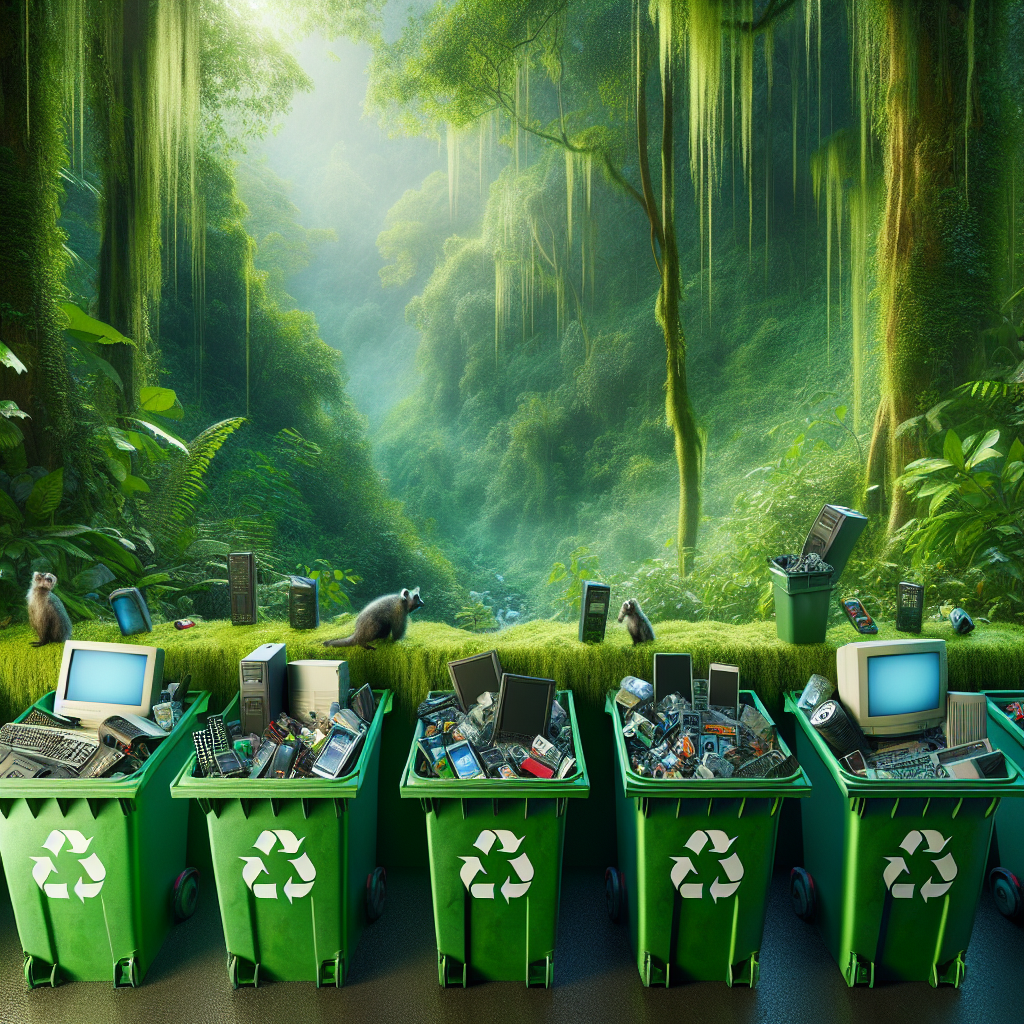Blog Ecobraz Eigre

How to Dispose of Electronic Waste Correctly to Protect the Environment
The correct disposal of electronic waste is essential to minimize environmental impacts and risks to public health. Brazilian legislation, especially the National Solid Waste Policy (Law No. 12.305/2010), establishes guidelines for the proper management of this waste, including electronic devices.
Applicable Legislation and Regulations
Law No. 12.305/2010 establishes the National Solid Waste Policy (PNRS), which defines shared responsibility for the life cycle of products, including electronic devices. This law requires proper waste management to protect the environment and public health. In addition, the National Solid Waste Management Information System (SINIR) guides the planning and monitoring of disposal and recycling, as available at sinir.gov.br.
Why Proper Disposal of Electronic Waste Matters
Electronic equipment contains toxic substances such as mercury, lead, cadmium and flame retardants, which can contaminate soil and water bodies if disposed of improperly. In addition, valuable components, such as precious metals, can be recovered and reused, reducing the extraction of natural resources.
Steps to Correct Disposal
- Identification: Separate unserviceable electronics, paying attention to devices that contain sensitive data, such as hard drives and digital media.
- Data Sanitization: In order to protect confidential information, it is recommended to perform secure sanitization of hard drives and electronic media.
- Appointment for Collection: Use official and reliable services that promote the collection of electronic waste for responsible disposal.
- Disposal at Certified Points: Deposit electronic waste at authorized points, avoiding disposal in ordinary garbage or landfills.
Responsibilities of Managers and Decision-makers
Decision-makers in technical and administrative areas should promote internal policies that guarantee the correct storage, transport and disposal of obsolete electronic equipment. It is important to establish partnerships with certified entities for collection and recycling, following Abnt standards and environmental bodies such as CETESB, which offers essential guidelines (cetesb.sp.gov.br).
Environmental Impacts of Recycling and Reuse
The processing of electronic waste makes it possible to recover reusable materials, save energy and reduce emissions of polluting gases. These benefits corroborate the global goals of sustainability and mitigating the effects of climate change.
Final Thoughts
Complying with current regulations for e-waste disposal ensures not only legal compliance, but also contributes to environmental conservation. It is recommended to consult official sources directly, following up on updates and calling in specialized services for safe disposal and sanitization.

Deixe um comentário
O seu endereço de e-mail não será publicado. Campos obrigatórios são marcados com *